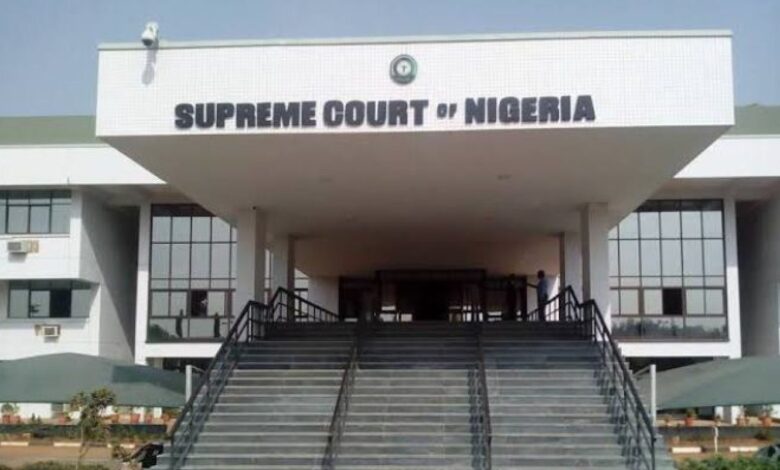How Supreme Court verdict on local govt freedom will impact grassroots development
The court’s verdict is predicated on the argument that development at the grassroots is stunted because state governments abuse their powers by retaining and using LGA funds.
The apex court also outlawed the appointment of unelected officials to run local government affairs — a practice governors resort to whenever they dissolve democratically elected local government authorities.
Moreover, to cut state governments’ access to LGA funds, the court ordered the Federal Government to henceforth withhold allocations to LGAs governed by governors’ appointees.
Some governors have expressed their displeasure with the ruling.
As usual, Nigerians have taken to social media to react to the judgment, but popular sentiment indicates that the development is a welcome idea.
While the court’s ruling is intended to stimulate positive developments in local governments, public affairs analysts at civil society organizations explain the impact the judgment will have on grassroots development and administration in Nigeria.
Like many Nigerians, Emmanuel Njoku, the Director of Democracy and Governance, Connected Development (CODE) considered the Supreme Court verdict a positive sign of development in local government areas.
Describing the verdict as a victory for democracy, Njoku said the development presents an opportunity for Nigerian youths to participate in grassroots politics, take up leadership roles, and effect a positive change.
He said, “This is good news for LGA development across Nigeria. I see an opportunity for young people to participate more in politics now. So this judgement should be a wake-up call for young people in the LGAs to join political parties massively, contest, and take over leadership at the local government level, which is the closest governance to the people. This Supreme Court judgement is a victory for democracy in Nigeria.”
Despite the Supreme Court’s acknowledgment of LGAs as an independent third tier of government, Njoku believes governors will still make moves to tamper with the financial autonomy of the local council authorities.
“The elephant in the room at this time will be party politicking; the control of State Independent Electoral Commissions; and their capacity to be truly independent to conduct credible elections,” he said.
Paul James, the Election Program Officer at YIAGA Africaalso affirmed that the verdict is a positive development that would foster service delivery at grassroots levels.
In his submission, James believes the apex court’s judgement has put to rest, the argument on whether local government councils are valid third-tier of government or not.
“I think for us, we’ll say the decision represented significant steps towards empowering local government and ensuring service delivery at the local level. This is something we’ve been agitating for. This has gone over two decades when the campaign has been on for resources to get to the local governments directly.
“Now, I think for me, this ruling is a demonstration or the recognition of the independence of the local government system as a top tier of government. If you put this conversation in perspective, if you ask most state governors, you’ll be torn between the notion that we have three tiers of government and the governors also telling you that it might be so in principle, but not as that in application. But I hope this has put to rest all of those yearnings, all of those aspirations,” he said.
Beyond fostering development at the grassroots, James wants state governors to genuinely commit themselves to the verdict by allowing LGAs to be run by elected officials and providing the needed support that would make them functional for the benefit of the people.
This is one of the major issues Nigerians envisage but, on the bright side, many believe the financial freedom will encourage more scrutiny at grassroots levels because the people’s focus is now expected to be on LGA bosses.




